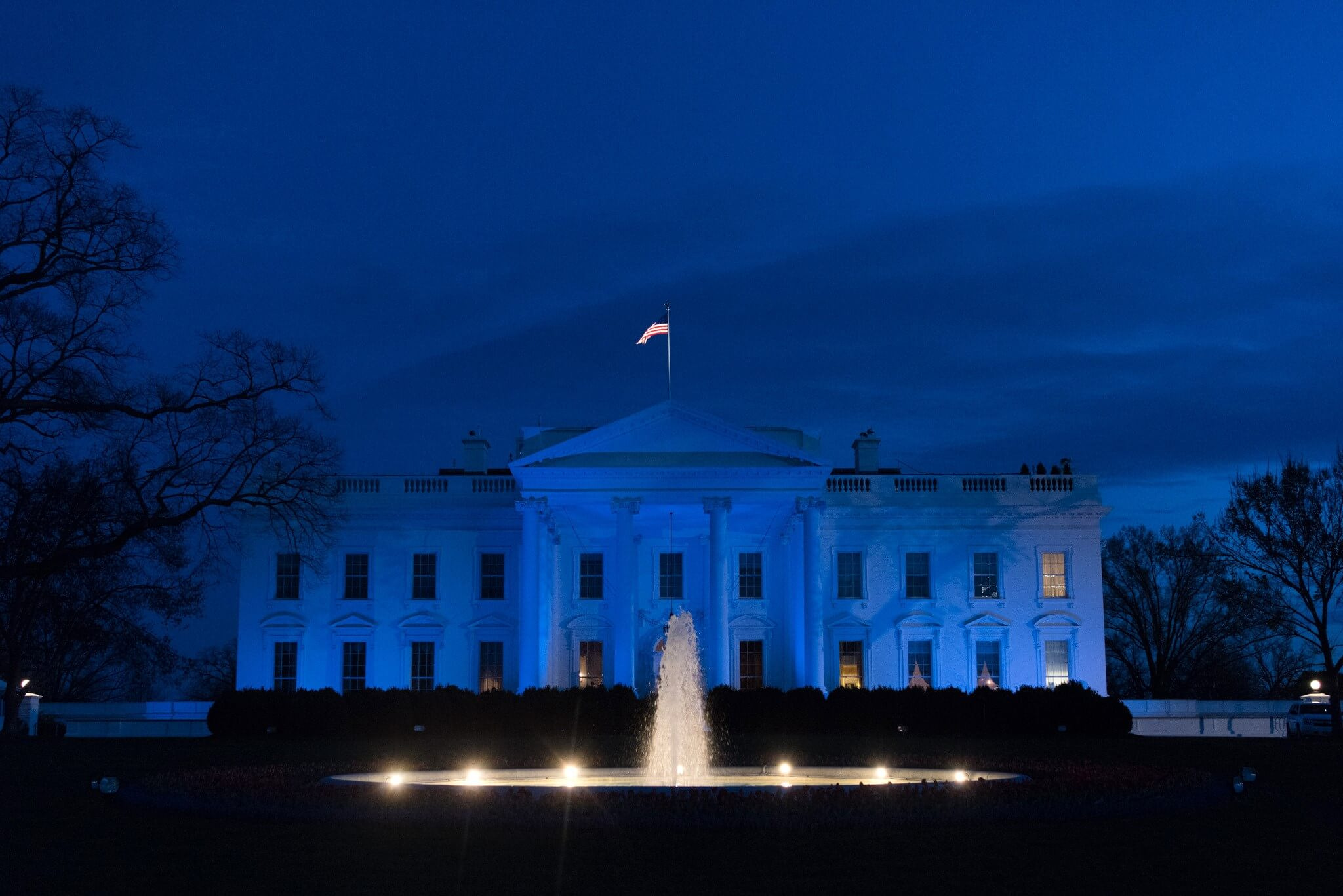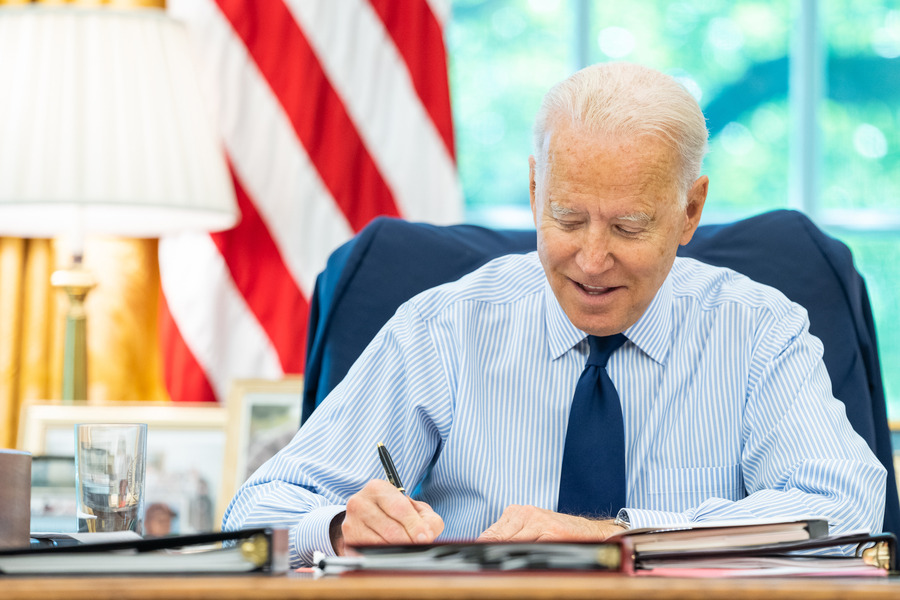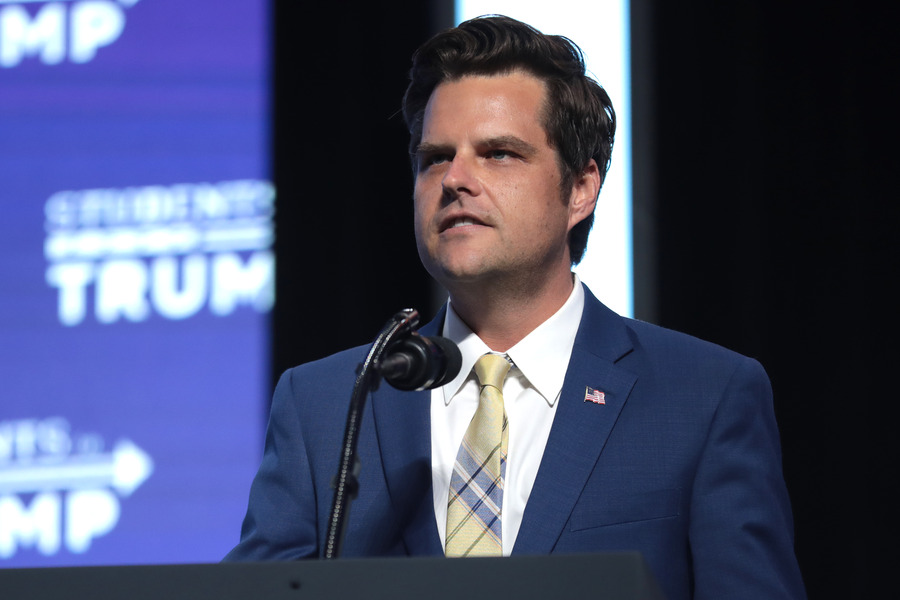Abuse of Power: The White House Slimes James Comey—Again
This afternoon, White House Press Secretary Sarah Huckabee Sanders, from the White House podium, declared that former FBI Director James Comey may have “violated federal law” in sharing a memo documenting a conversation with the president:

Published by The Lawfare Institute
in Cooperation With

This afternoon, White House Press Secretary Sarah Huckabee Sanders, from the White House podium, declared that former FBI Director James Comey may have “violated federal law” in sharing a memo documenting a conversation with the president:
The memos that Comey leaked were created on an FBI computer while he was the director. He claims they were private property, but they clearly followed the protocol of an official FBI document. Leaking FBI memos on a sensitive case, regardless of classification, violates federal laws, including the Privacy Act, standard FBI employment agreement and nondisclosure agreements that all personnel must sign. I think that’s pretty clean and clear that that would be a violation.
While conceding it was “not up to [her] to decide,” Sanders opined that “the facts of the case are very clear” and that “the Department of Justice has to look into whether something’s illegal or not.” (Comey shared one memo, according to his testimony, by the way, not "memos.")
This follows Sanders’s accusation Monday, that Comey had given “false testimony,” another matter she suggested DOJ should “look at.” Then on Tuesday, she said that Comey’s “actions were improper and likely could have been illegal” and that while the ultimate decision to investigate Comey was for the Justice Department to make, “I think if there's ever a moment where we feel someone has broken the law, particularly if they're the head of the FBI, I think that's something that certainly should be looked at.”
Life is too short to rebut every individual outrage or idiocy to emerge from the White House. But Sanders’s remarks bear attention because they are clearly part of a coordinated plan to maliciously besmirch an individual. After her first comment, Sanders had a day to think about it before making her Tuesday remarks. After those, she had a day to think about it before making today’s comments, which appeared to come from a prepared text. So this is not an impulsive, on-the-spot type slime job. This is a deliberate, planned effort of the type that reflects the Trump White House’s considered views of how it should respond to Comey. That is, with months to think about the matter, the White House has decided that it wants to respond to Comey’s testimony by falsely accusing him of criminal activity—and to offer no evidence to support its slanders.
It is a prototypical abuse of power—and particularly pernicious because of the White House’s attempts to involve the Justice Department in the project.
Sanders’ comments aren’t the first time the White House has attempted to suggest criminality on Comey’s part. In June, Comey acknowledged during Senate testimony that he prepared contemporaneous memos documenting his conversations with President Trump—including the president’s efforts to persuade him to drop the investigation into former National Security Advisor Michael Flynn. Following his dismissal, Comey said he shared one of those memos with a friend and instructed that individual to share it with a member of the press. The revelations of Trump’s conduct led to the appointment of Special Prosecutor Robert Mueller.
Shortly following Comey’s testimony, Trump tweeted “Despite so many false statements and lies, total and complete vindication...and WOW, Comey is a leaker!” Trump’s personal lawyer Marc Kasowitz, then made statements characterizing the disclosures as “unauthorized” and saying the materials in questions were “privileged.” He then, unprompted, said that “We will leave it the appropriate authorities to determine whether this leaks should be investigated along with all those others being investigated.” The conservative press snapped to attention and began running Comey leaks stories, including false ones that suggested the memos were classified.
And a few days ago, the Wall Street Journal ran a story noting that President Trump’s lawyers had argued before Special Counsel Robert Mueller that Comey was an unreliable witness: “Another memo submitted the same month outlined why Mr. Comey would make an unsuitable witness, calling him prone to exaggeration, unreliable in congressional testimony and the source of leaks to the news media, these people said.”
Sanders acknowledged today that she is “certainly not an attorney.” Indeed she is not. Her comments evince no more legal literacy than they do decency or propriety. Susan and Tim Edgar previously addressed the issues of possible legality back in June:
The information wasn’t classified. It didn’t plausibly include any “national defense information.” Therefore, the Espionage Act is inapplicable.
As Steve Vladeck notes, the only even remotely plausible statute under which Comey’s conduct might be criminal is 18 U.S.C. § 641, barring the conversion of government property. But, as Vladeck also notes, in U.S. v. Morison (as well as Carpenter v. U.S.) courts determining whether information qualifies as property focus on the financial value. There’s no argument at all here that Comey’s memos had financial value.
Sanders now posits a legal theory that the earlier piece never even bothered to consider: that Comey has violated the Privacy Act. It’s hard to fully unpack Sanders’s allegation here, but in general, the Privacy Act bars the disclosure of any record—on the contents of any record—which is contained within a federal system of records that identifies a specific individual without his or her prior written consent. While we do not know precisely what Comey’s memos contained, they do include identifiable references to the president and his staff. The problem here is that the mere fact these memos were prepared on an FBI computer doesn’t make them records within the definition of the Act. For Privacy Act purposes, records are things like fingerprints, educational, medical, investigative records, or financial data associated with individuals. It’s hard to even understand the argument for how Comey’s memory about his conversation with the President qualifies as a record, even if he jotted it down while in his office. And Sanders does not event attempt to describe whose Privacy Act rights might be at issue.
Sanders mingles this theory with the notion that the memos were related to an ongoing investigation as well as the idea that they were FBI property and that he had an obligation to respect his employment agreement. This latter claim is more plausible—though unclear—and sharing such material outside the Bureau might, if Comey were still working at the FBI, theoretically be grounds for some kind of administrative action against him. Preserving leverage to prevent such disclosures might have been a great argument for not firing him. But it doesn’t make the disclosure illegal, let alone criminal. It also doesn’t make the disclosure unethical or immoral. Here’s a hint for the President in the future: If you want your employees to keep your confidences on non-classified matters, a good rule of thumb is that you shouldn’t fire them and then lie about them in public.
Sanders is not the only member of Trump’s team advancing this particular line of attack. Today, Trump attorney, Jay Sekulow tweeted:
Will the Department of Justice prosecute fired FBI Director #JamesComey? We discuss on #JayLive. https://t.co/73roS3jSQJ
— Jay Sekulow (@JaySekulow) September 13, 2017
We can answer that question for him: No, it won’t.
Casting aspersions on the behavior or veracity of key witnesses is more norm than exception in defense lawyering. What is different here is that Trump is using the office of the presidency to bully, defame, and discredit his credits and bolster his own defense. Frivolously accusing individuals of crimes and then threatening them with Justice Department action by stating that the Justice Department should investigate their conduct is not acceptable White House behavior. It is not merely a gross civil liberties violation with respect to the individuals. It also threatens the integrity of law enforcement—by effectively directing law enforcement action against a disfavored individual, in this case, one who has already given derogatory testimony about the President and is expected to do so in the future. It’s what Trump threatened to do throughout the campaign when he promised prosecution of his opponent.
This is what it looks like when the White House itself plays in these waters. It’s the stuff of petty strong-man dictatorships for the President to pronounce an individual guilty of a crime without having to proffer any evidence, offer a legal theory, or convince a jury.






